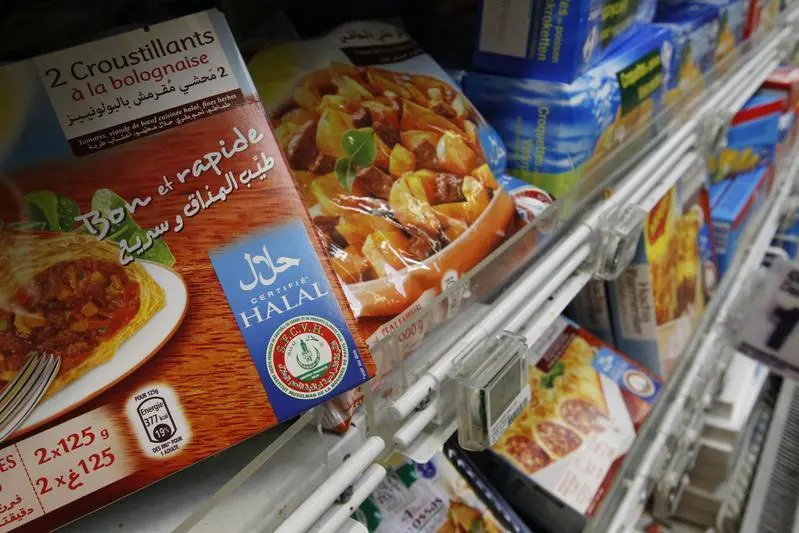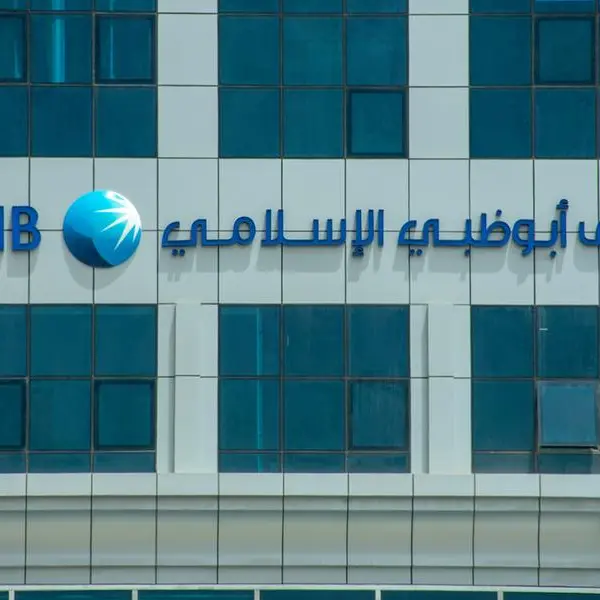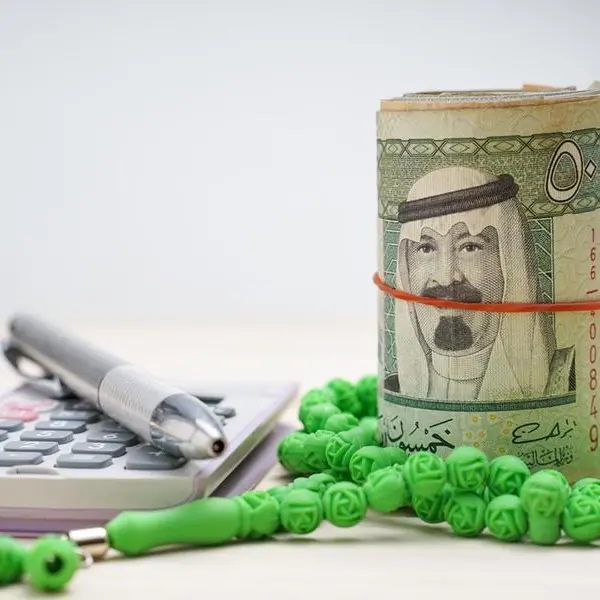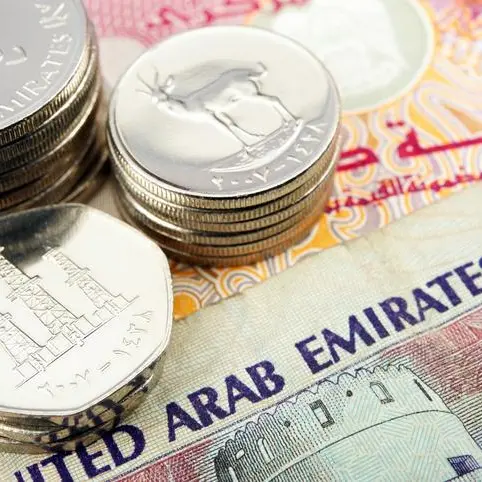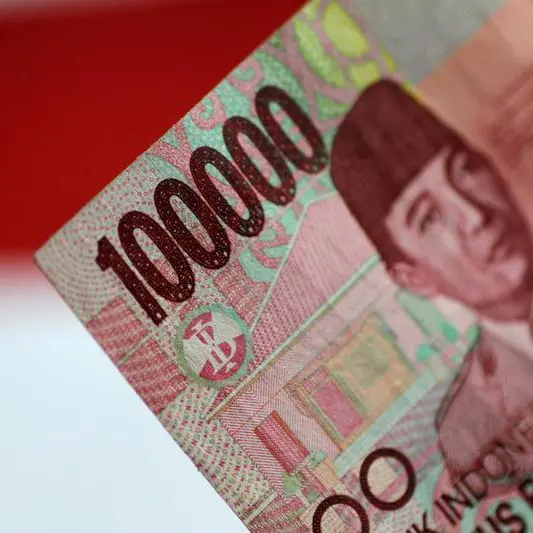PHOTO
ISTANBUL: The 2022 Annual OIC Halal Economy Report identified that the OIC member states recorded a trade deficit of US$63 billion for halal economy products in 2021, covering food, fashion, pharmaceuticals and cosmetics, with exports equaling US$275 billion and imports totaling US$338 billion. Only 18% of these imports were sourced intra-OIC, while only three OIC countries (Türkiye, Indonesia, and Malaysia) made it to the top 20 exporters of halal economy products.
The report, commissioned by the Islamic Centre for Development of Trade (ICDT) and produced by DinarStandard, a US-based research and advisory firm, was launched in Istanbul on November 29th, 2022 at an event attended by ministers of OIC member countries, and representatives from OIC organs.
“For close to four decades, ICDT has strived to facilitate trade and investments across OIC countries by promoting halal economy products and services, developing partnerships and strategic alliances between stakeholders of member states, helping disseminate information on intra-OIC supply and demand and fostering best practices. With this report, we aim to inspire and empower OIC countries to act cohesively, promote inclusive growth and increase the OIC’s share in the halal trade and investments ecosystem with integrity and purpose”, said Latifa El Bouabdellaoui, Director General, ICDT.
While OIC countries were import reliant for the food, pharmaceuticals and cosmetics sectors, they were net exporters of apparel and footwear products, having exported products worth US$101.94 billion in 2021, while imports equaled US$34.96 billion, resulting in a positive trade balance of US$66.98 billion.
Meanwhile, in terms of investments, OIC Member States received a total of 180 investments across the eight sectors of the halal economy, with 120 disclosed deals worth US$7.9 billion in 2021.
Driving OIC member countries opportunity in halal trade and investments is its halal lifestyle consumer demand ($1.7 trillion in 2021) representing 79% of the global spend ($2.1 trillion). Specifically, Muslim spend on food by consumers in OIC countries was valued at US$1.07 trillion in 2021, forecasted to reach US$1.5 trillion by 2026. This presents a strong window of opportunity for OIC countries to ramp up production, leverage growing consumer demand for healthy and organic food products, and adopt digitalization across the industry.
Islamic finance assets in OIC countries were worth US$3.32 trillion in 2020 and are forecast to reach US$4.82 trillion by 2025, at a CAGR of 7.9%. In 2021, deals in finance constituted 23% of all transactions in OIC countries.
OIC member countries made up six of the top 10 global markets for Muslim consumer spend on media and recreation in 2021. Muslim consumers from OIC Member Countries spent an estimated US$141 billion on media and recreation in 2021, forecasted to reach US$231 billion by 2026.
